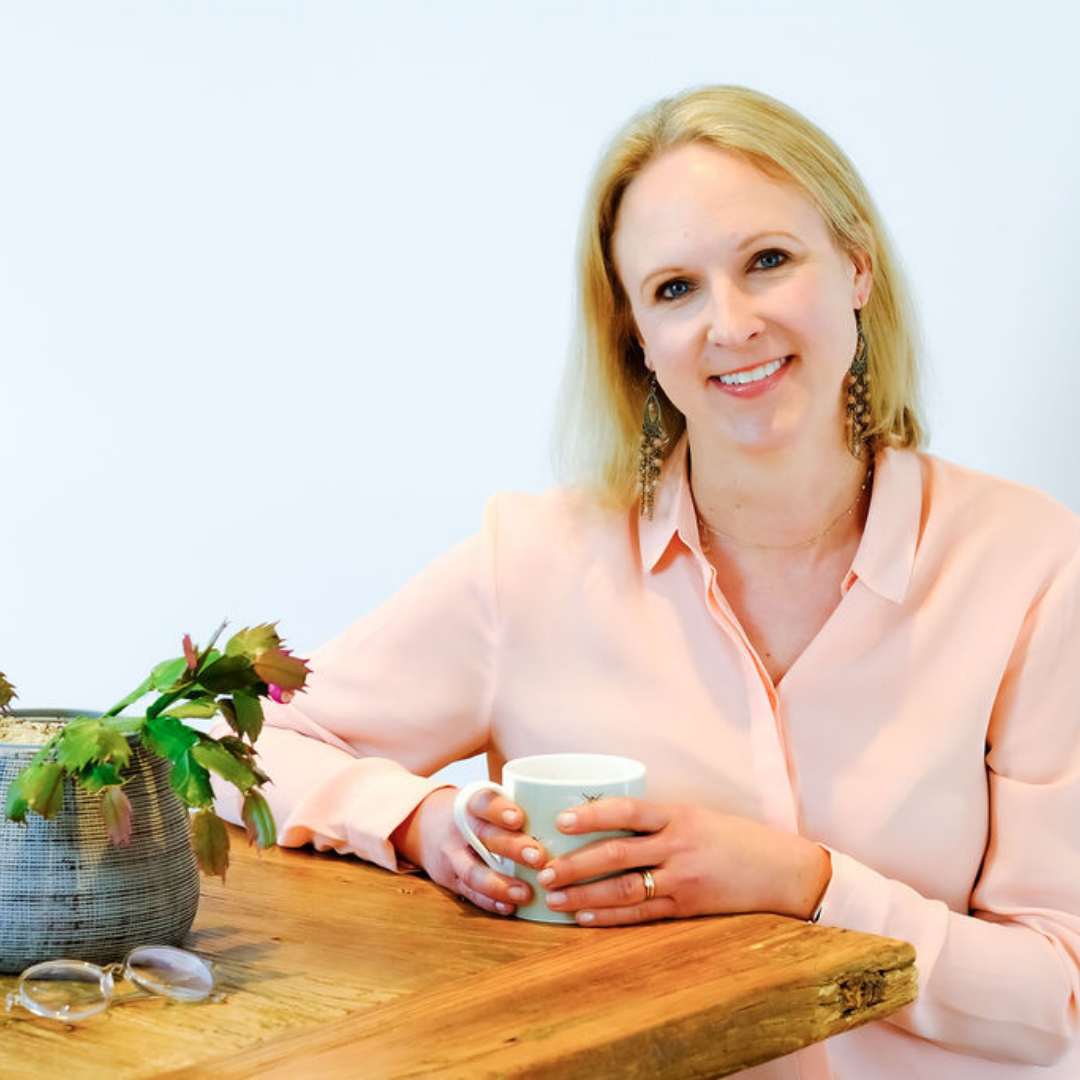Putting yourself in their shoes

I had a fantastic start to the week at the 2020 Institute of Fundraising major donor conference. One question that I pondered from all I heard was “How often do we truly put ourselves in our major donor’s shoes?”
Here are 5 thoughts around this I hope are useful for those who weren’t there, and also helpful as reflections for those that were:
1 Can we stop second guessing?
Many fundraisers know the tumbleweed of a potential donor we’ve been in contact with suddenly going quiet. Yet we know we’re only one part of their lives. So let’s not assume that they won’t give or be in contact again, but try instead to adjust to their timings and priorities. When we meet someone for the first time it’s tempting to take your charity’s strategy, your business plan and more. Instead, if we can have a meaningful conversation at that first meeting in particular, we will know what our donors are interested in, what motivates them and get closer to their identities (I have a blog coming up on this specifically if this interests you).
2 Who has the patience to play the long game?
So many boards and leadership teams are focused on the next 6, 12 or 18 months. Short-term income pressures on fundraisers can be extreme. Yet this chasing for income means we can be alienating the very people we want to build stronger relationships with. It also stops us planning for the next decade and beyond. A longer-term view of our donors and potential donors, can result in so much more value than a single major gift: meaningful volunteering, continued life time major gifts, introductions to their families and contacts and the much prized legacy.
3 Understand the wealthy and their lives
A longer-term view of our donors and potential donors, can result in so much more value than a single major gift
High-net-worth individuals, however wealthy, can still face the barrier to giving of not feeling they have enough money. Their financial commitments will vary hugely from yours, including obligations to their family. Most of them are self-made, have worked hard for their money and are used to having control over it. Restricting their gift to a specific project will be crucial for some donors to have control over their donation. If this is a challenge for your organisation, consider whether you could offer a restriction to a broader area of work.
4 Let’s be brave and honest
It’s ok, if the asks are considered, to have nos. There can be a fear with asking though if there is even a small chance the donor might not give right then. A programme funded by a major donor might have results that show it clearly isn’t having the impact the charity planned. We could put a rosy tint on a report to our donor? Or instead have that honest conversation, early, and bring our donors with us.
5 HNWI are human
If we inherit a Development Board that really isn’t going to plan, we might dread the conversation with its members, without considering that they might feel relief that the problems are being tackled!
How do we make our interactions human, personal, and do this in our own way? I particularly liked the anecdote of a fundraiser finding out from their donor’s PA that he loved sweets – and then sending him a load of leftover jellybeans from a charity event to his office with a hand-written thank you card!
With huge thanks to all of the speakers at the conference.

Louise Morris is the Founder of Summit Fundraising. She is a major donor fundraising specialist and has worked with over 200 charities helping them raise large gifts.
